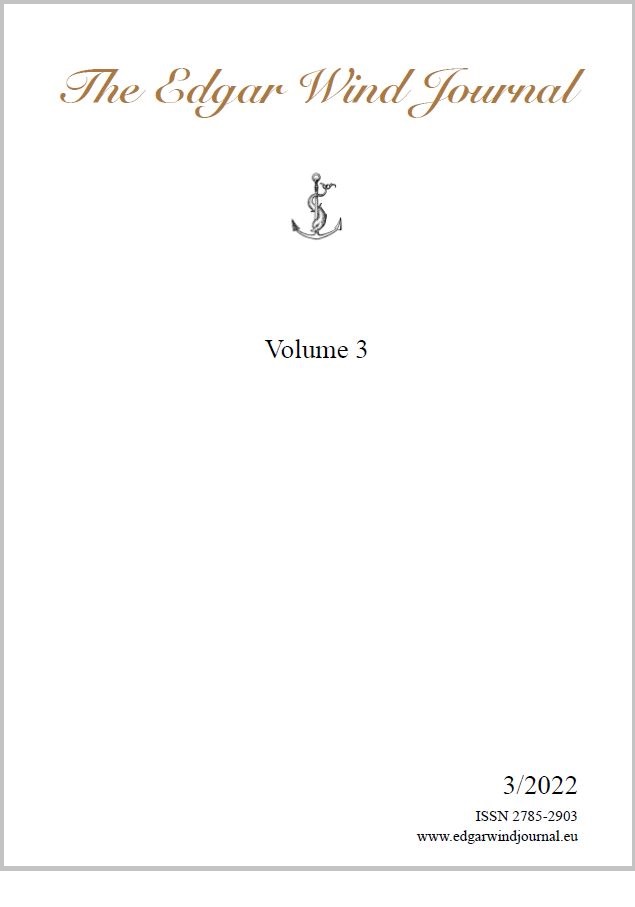Giulia Maria Paoletti
University of Oxford
https://orcid.org/0000-0001-7388-9785

Abstract
This third issue of the Edgar Wind Journal takes as a departing point that cultural memory is
a result of ‘socialization and customs’ rather than a biological phenomenon and is
characterized by ‘its distance from the everyday’. Memory studies is an emerging yet
prolific scholarly field. As a ‘transdisciplinary phenomenon’, cultural memory may assume
different meanings. How does historical material survive through time? What do we mean
when we speak of the ‘survival of the classics’? Studying the reception of ancient, medieval
and Renaissance material is as important as studying the sources themselves.
Bibliography
Asmann, Jan, and John Czaplicka, ‘Collective Memory and Cultural Identity’, in New German Critique, Cultural History/Cultural Studies, 65 (Spring – Summer, 1995), pp. 125-133.
Eriksen, Anne, From Antiquities to Heritage Transformations of Cultural Memory (Brooklyn: Berghahn Books, 2014).
Hartog, François, Regimes of Historicity: Presentism and Experiences of Time (New York: Columbia University Press, 2015).
Riegl, Aloïs, The Modern Cult of Monuments: Its Character and Its Origin (Cambridge, MA: MIT press, 1903).
Wind, Edgar, ‘Introduction’, in A Bibliography on the Survival of the Classics (London: Cassell, 1934), I, pp. v-xii.
The Edgar Wind Journal 3: 1-3, 2022
DOI: 10.53245/EWJ-000012
Copyright: © 2022 G. M. Paoletti. This is an open access, peer-reviewed article published by Bernardino Branca